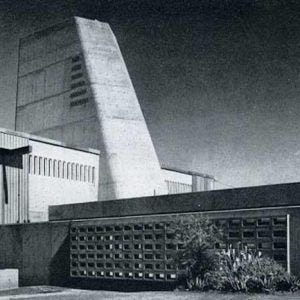The third part of the UN Intergovernmental Panel on Climate Change (IPCC) Fourth Assessment Report on climate change mitigation technologies and practices advocates the development of new nuclear generation as a method of tackling climate change.
Along with technologies such as carbon capture and storage, and advanced renewable energy, including tidal and wave, concentrating solar and solar PV, the report says that nuclear power is a key mitigation technology which is currently available.
Given costs relative to other supply options, nuclear power, which accounted for 16% of the electricity supply in 2005, “can have an 18% share of the total electricity supply in 2030 at carbon prices up to $50/tCO2-eq,” the report says, although safety, weapons proliferation and waste remain as constraints. This compares with renewables, which also which accounted for 18% of the electricity supply in 2005, and can have a 30-35% share of the total electricity supply in 2030 at carbon prices up to $50/tCO2-eq.
Future energy infrastructure investment decisions, expected to total over $26 trillion between now and 2030, will have long-term impacts on greenhouse gas emissions because of the long life-times of energy plants and other infrastructure capital stock, the report adds, suggesting that the widespread diffusion of low-carbon technologies may take many decades, even if early investments in these technologies are made attractive.
US Senator Pete Domenici, ranking member of the Senate Energy and Natural Resources Committee, praised the inclusion of nuclear power saying: “This is a no-brainer: any realistic plan to reduce carbon emissions in a meaningful way must include a vast expansion of nuclear power.”






